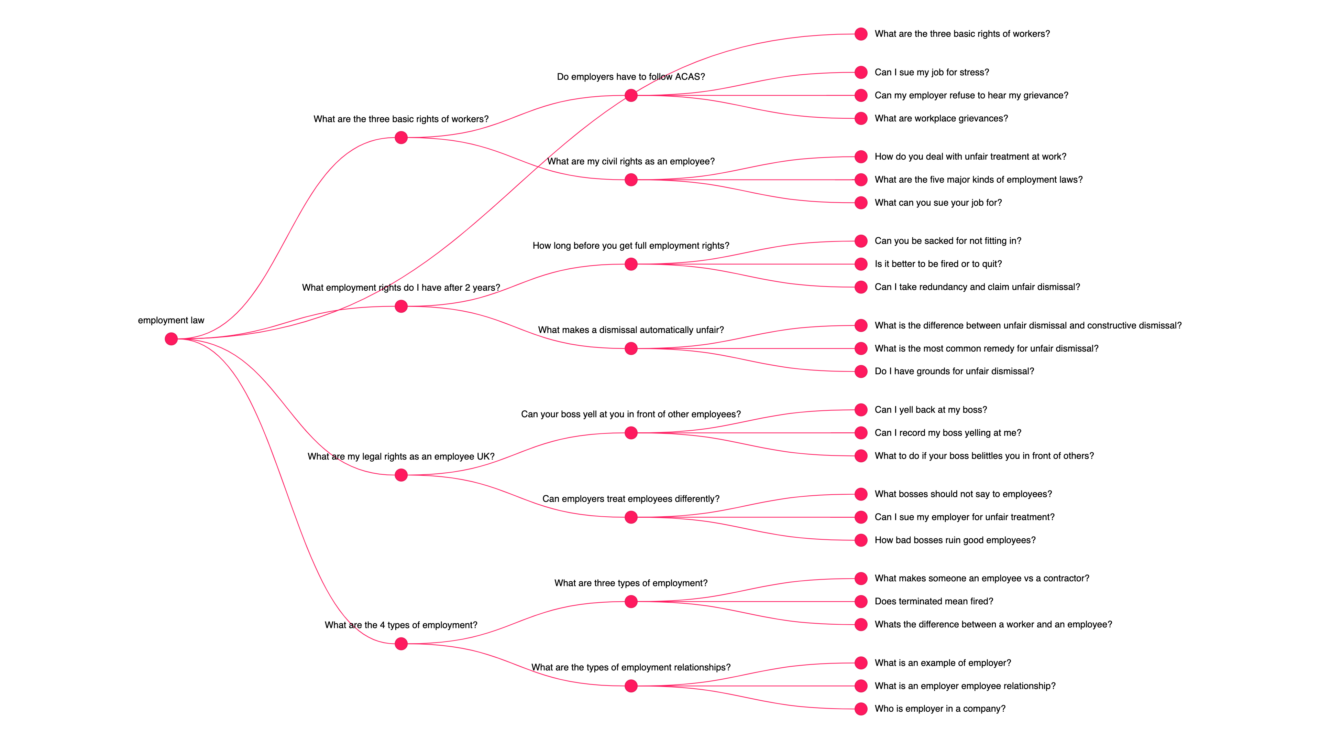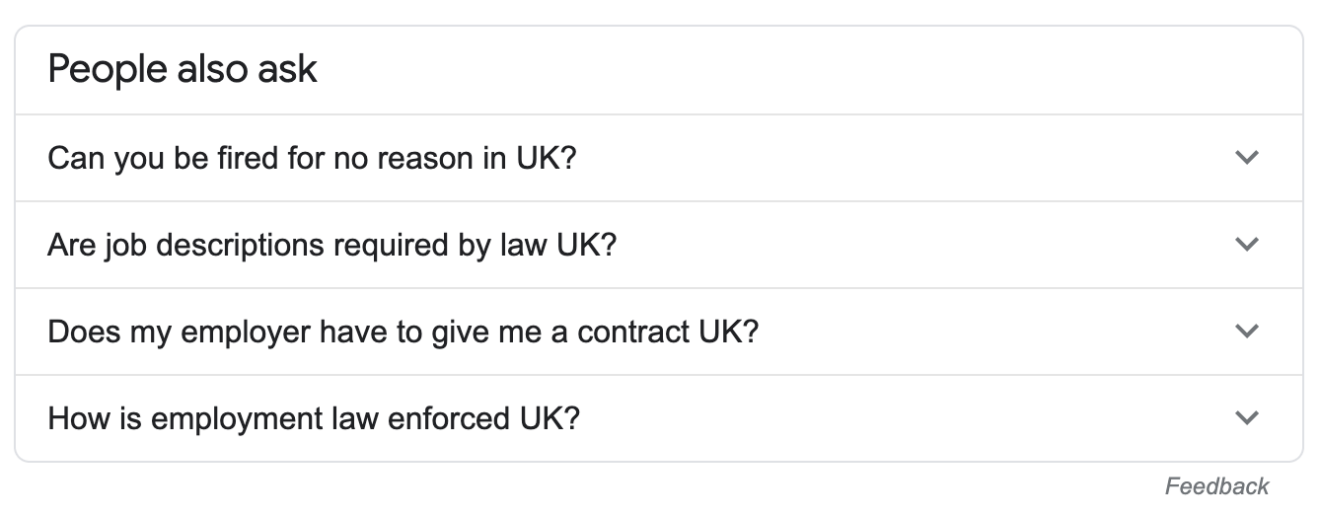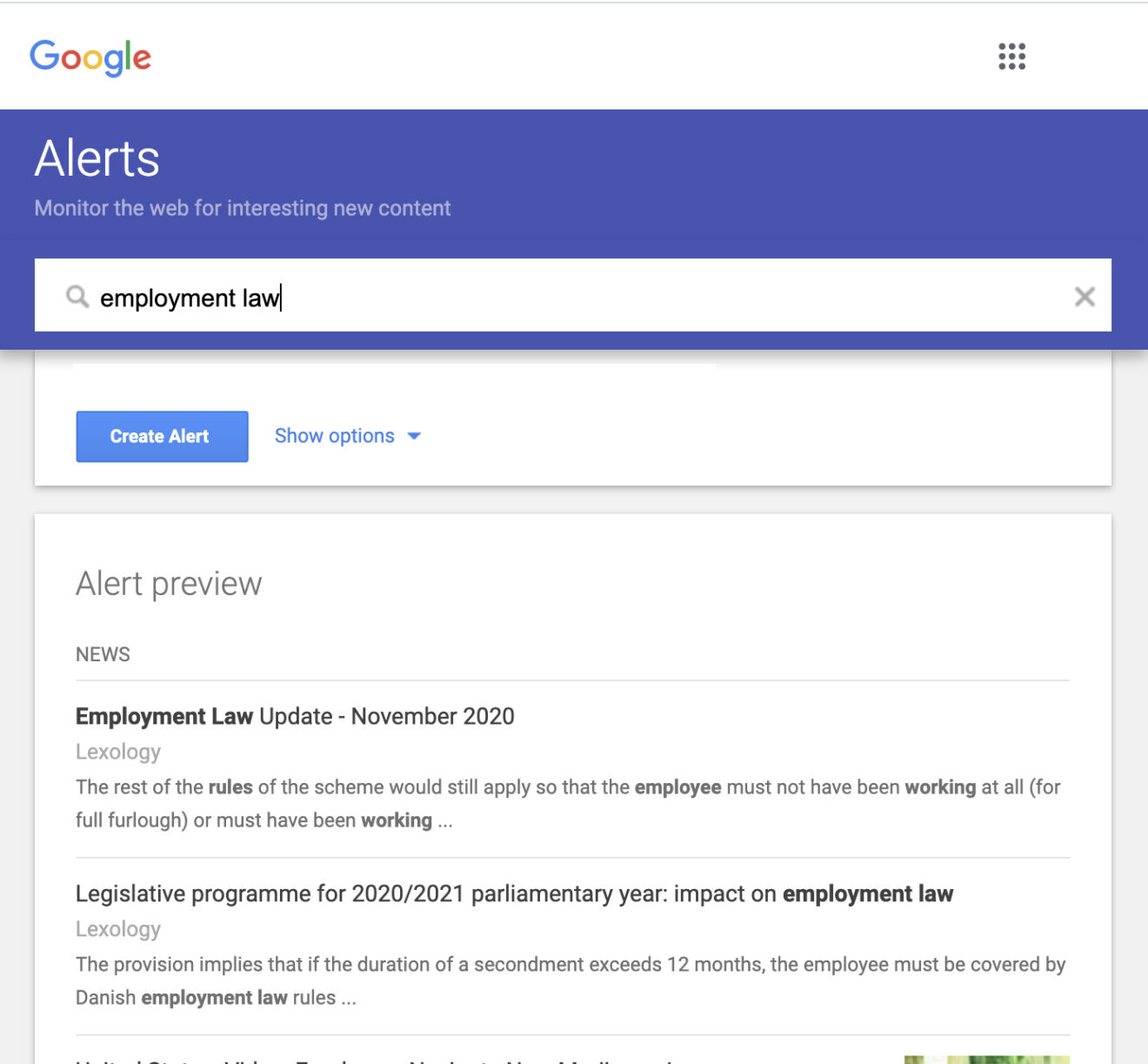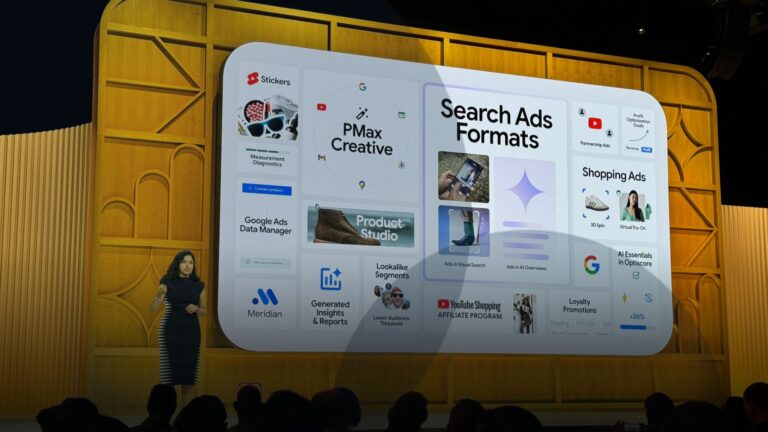
Abby Webb
Head of Search & Content
Abby heads up our SEO and content campaigns, with a strong background in copywriting, content and paid search marketing.

So your law firm has a stunning website, active social media profiles and an ever-growing email list - but what next? Here are our top tips.
So your law firm has a stunning website, active social media profiles and an ever-growing email list – but what next?
Once you’ve got the basics set up and ready to go, it’s easy to overlook the next step of creating the content to share on these channels. That’s where content marketing comes into play. By regularly creating and sharing content that your existing and prospective clients will find helpful, you’ll be setting yourself apart from your competitors and showing your readers that your law firm is the authority when it comes to solving their problems. The result? More leads for your firm!
Here are our tips on getting started with content marketing if you’re in the legal sector, as the opportunities to excel are easier than you think.
Put simply, content marketing is the creation of assets that you’ll then share and promote through your marketing channels. Think blog posts, press releases, whitepapers, email newsletters, social media posts, podcasts, LinkedIn articles, videos – and that’s only a few!
This content isn’t pushy or brash; instead it supports your sales pages. The support to your headline act.
Every law firm has marketing goals to achieve, and these pieces of content will help you get there, by improving your firm’s brand awareness, search engine visibility and authority in your industry – all vital in bringing in new leads for your business.
The benefits of content marketing can be felt by law firms financially too. It’s estimated that content marketing costs 62 percent less than traditional marketing. It also generates more than three times as many leads per dollar spent.
Your competitors are already crafting compelling content for their clients. And, in an industry where your expertise and professionalism is everything, meaningful content can set you apart from the rest. So, let’s consider the different types of content you can create to engage your prospects:
The content you create should help clients learn more about the services you provide, build trust with them through sharing your expertise and industry knowledge and ultimately generate leads. Once you’ve established who you want to talk to in your content, you’re ready to plan the content itself.
These ideas are proven to work well in any law firm marketing plan, whether you want to create blog posts, email marketing campaigns, podcasts, videos, TikTok posts… the choice of format is yours!
FAQs are simple but so effective. Channel your clients’ problems, frustrations and legal challenges into an informative piece of content that answers their questions. Not sure what questions to answer? Use a website like alsoasked.com to find questions on your particular topic, or type an initial question into Google like “what are my rights as an employee” and scroll down to find the “People also ask” section to discover similar or follow-up questions to address. Tailor these questions as necessary to make sure you’re providing genuinely helpful content that could lead the reader to pick up the phone and ask for more advice.
Read my post on finding the questions your audience commonly asks for a step-by-step guide on how to discover your clients’ challenges.


Sometimes you need to share a little information with your client before you can get them on side. With users heavily relying on search engines to find out how to do something, a how-to guide can work in your favour. You could create a guide that tells your client how to create an employee handbook, for example, knowing that they will later need to engage with a law firm (ideally yours!) to dot the I’s and cross the T’s.
There’s nothing like a case study for proving your value. Whether you design a dedicated case study section on your law firm’s website, share them as articles, or shoot a series of videos, case studies are hardworking pieces of content, and are definitely worth the extra effort needed to create them. In your case study, you’ll want to:
A case study offers solid proof that you can help with a prospect’s case, elevates your authority by showcasing your success (without bragging) and provides a place for your existing clients to share their experiences with you. This kind of social proof is unrivalled when it comes to lead generation.
Regardless of the topic, checklists are powerful resources. They’re easy to read and quick to put together. You can even turn these into a series of social posts or into a downloadable PDF that your clients can print and use, for added long-term value. Take advantage of client feedback and their questions, as well as Google, to come up with helpful checklist ideas.
Set aside some time each week and become the go-to knowledgeable voice in your area of law by breaking industry updates through your website, social profiles and email newsletters. By sharing the latest news quickly, you’ll keep on top of mind for future updates. And remember, not all these updates need to be lengthy – sometimes a Tweet is all it needs to make sure your firm’s voice is part of the conversation. One way of keeping up with the latest news is to sign up to receive Google alerts. Visit www.google.co.uk/alerts and type the topic you’d be interested in seeing relevant content for in the search field. You can set how frequently you’d like to receive alerts in your email inbox too, which is great for making these tasks more manageable.

Remember that creating useful content is just one part of the process. Promoting your content to get it noticed is essential. As it can take a few months for Google to organically rank your content in their search results, you’ll also want to push your content out through your other channels. Promote your content through your social media, your email list, and even your paid search campaigns, where content like this can support your claims of being a trusted, knowledgeable firm.
Got any questions about content marketing for your law firm? Get in touch with me at [email protected] or take a look at our content creation services for more information on how Base Creative can help!

Head of Search & Content
Abby heads up our SEO and content campaigns, with a strong background in copywriting, content and paid search marketing.
View my other articles and opinion pieces below
Google’s AI search demands higher standards for YMYL content. Learn how to keep your financial, legal or health advice visible, trusted and compliant.

At Google Marketing Live 2025, the focus was clear: AI is already changing the way people search, and as a result, it’s changing what brands need to do to show up in search results. Here’s what you need to know – and what it means for your marketing.

Love it or hate it, everyone’s seen it. Google’s AI Overviews are changing the way your search results appear. Now, AI-generated summaries will often answer user questions before the usual list of site links we’ve come to expect. In fact, 47% of Google Search results now include an AI Overview – at least, according to AI […]

This short guide will teach you how to track your marketing campaigns using UTM parameters. Also referred to as a custom URL, a UTM tag is a customised snippet of text (called a parameter) that is added at the end of a website address. This UTM tag allows you to track and identify the traffic […]
